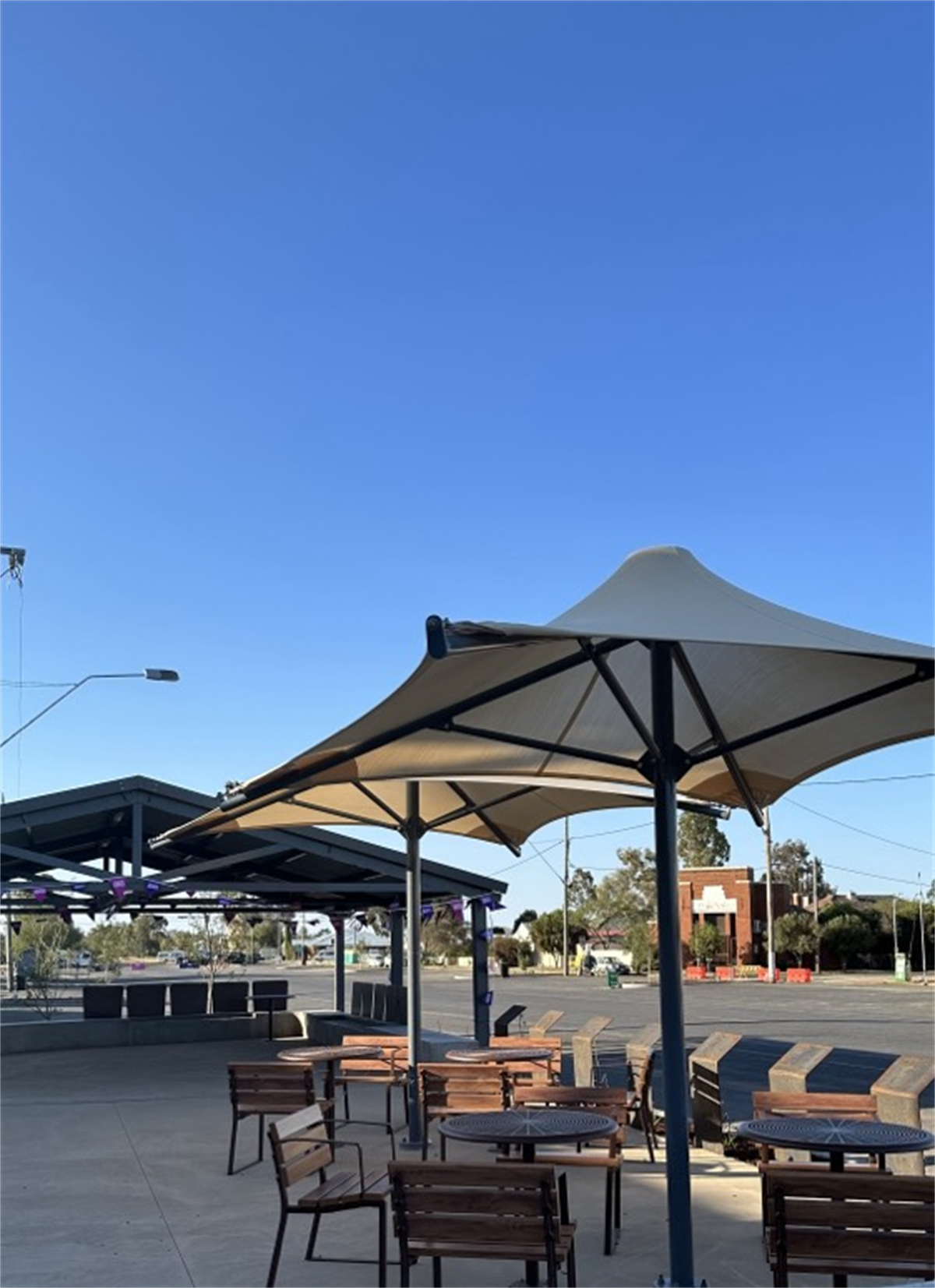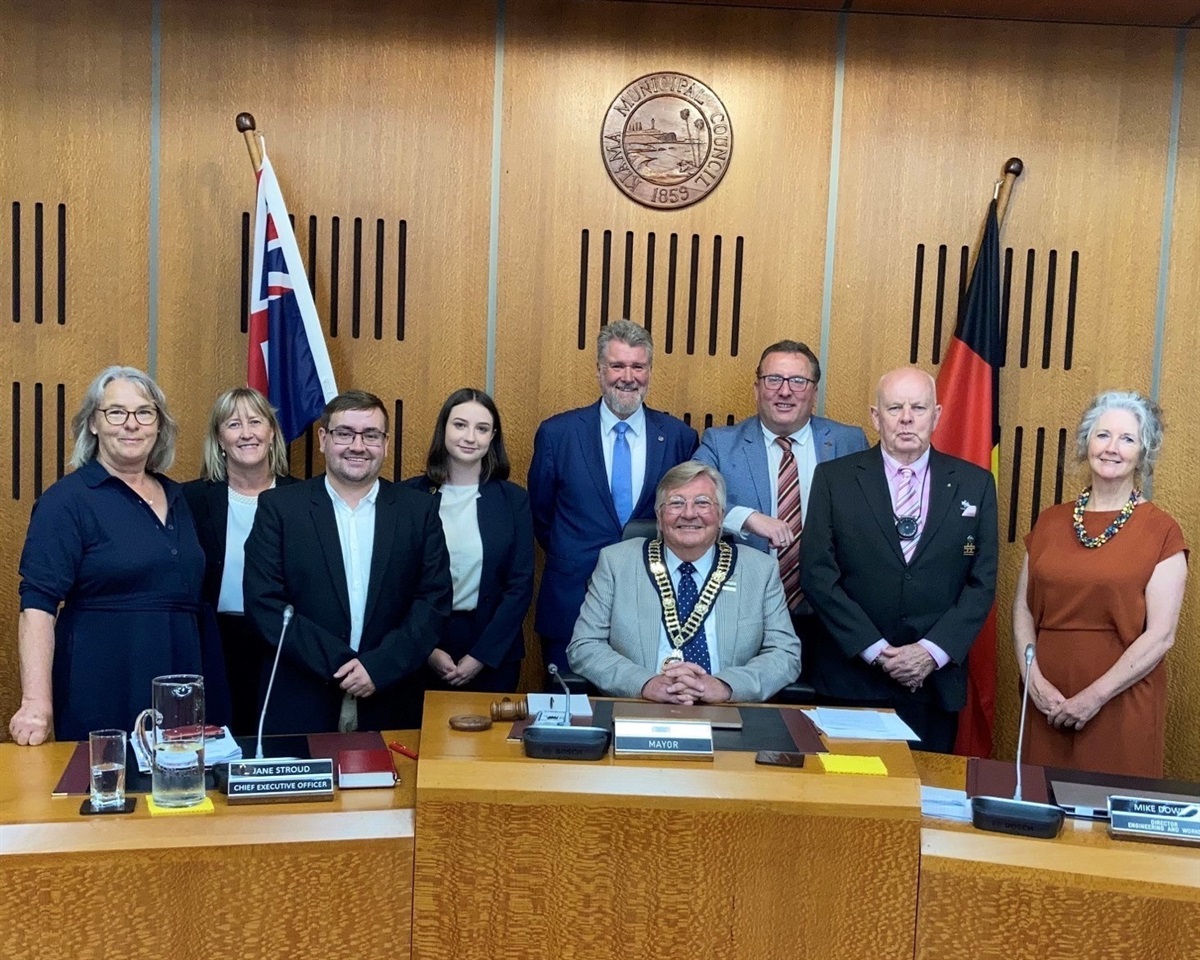NSW Ambulance has recorded its worst results on record through the July-September quarter, with patients waiting longer than ever and fewer calls getting a response within target timeframes. The Australian Paramedics Association (NSW) says while this reflects the pressures of the Delta outbreak, it also fits into a broader trend of worsening results.
“Response times this quarter were the worst on record,” said APA (NSW) President Chris Kastelan.
“Unfortunately, so were response times last quarter, before the Delta outbreak.
“As much as leadership at NSW Ambulance would like to blame these poor results on the demands of COVID-19, short-term crises are no alibi for long-term failures.”
The data, released today by the Bureau of Health Information (BHI), shows the lowest recorded percentage of ’emergency — P1′ cases to receive a response within the 15 minute target timeframe. For the highest priority P1A cases, just 60.4% of calls were responded to within the 10 minute target.
In the April-June quarter, these figures were at all-time lows of 47.9% (P1) and 64.8% (P1A). A 5-year trendline shows steady decline in responses meeting benchmarks across all priority categories—except for a brief improvement when demand dropped during 2020’s initial COVID-19 shutdown.
“Over time, we’ve been consistently getting to fewer and fewer emergency cases within the benchmark timeframes, and that trend was already there when COVID-19 hit,” said Mr. Kastelan.
“In the event of something like a cardiac arrest, we’re failing to get to 4 out of 6 patients on time. And minutes really matter in these situations.
“For years, NSW Ambulance has chosen to prioritise tightening the purse strings, and we’re left with a service running on staff fatigue instead of proper resourcing.”
Union members are currently taking industrial action over shortages in staffing, with Paramedics refusing lengthy travel while on shift to fill in for roster gaps at other stations.
“We’re taking action against rostering approaches which result in less time treating patients, and more time driving to fill roster gaps left by inadequate staffing.
“Throughout COVID-19, we’ve been asked to work harder, longer, and under more pressure than ever before.
“It’s a credit to the skill and dedication of our workforce that we haven’t lagged further behind. But it’s well past time NSW invested in bringing more Paramedics on the road.
“We need to hire 1500 Paramedics to bring us into line with ratios in comparable states.
“It’s not fair to continue asking patients and Paramedics to bear the burden of a system in crisis.”
Zoe Power (Digital Organiser): 0492 879 371







